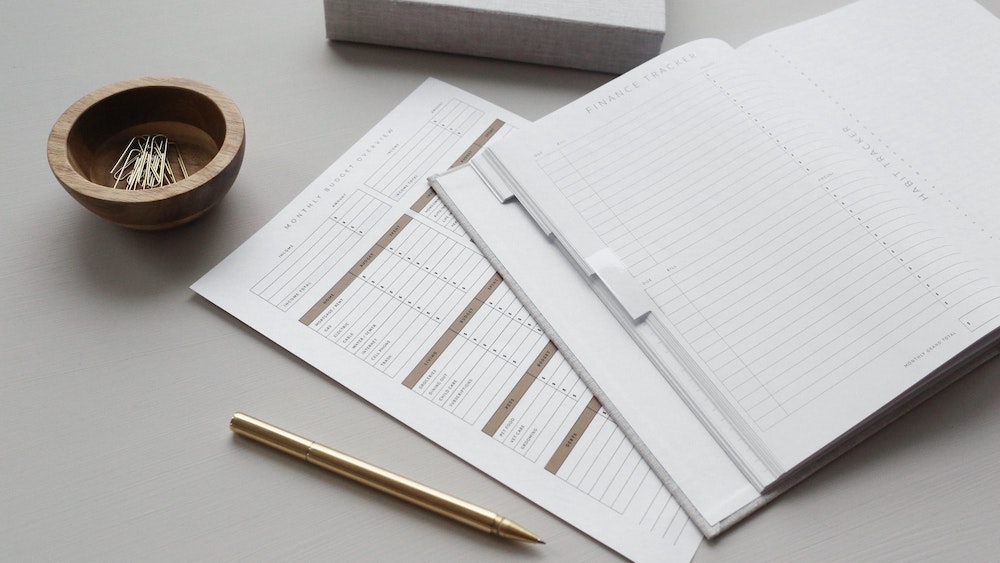Financial emergencies can happen to anyone, regardless of income or lifestyle. Unexpected expenses, job loss, medical bills, or other emergency situations can leave you feeling overwhelmed and unsure of what to do next. But with the right strategies in place, it is possible to get through a financial emergency without lasting damage to your finances.
In this article, we will explore how to create an action plan for dealing with a financial emergency and provide tips on how best to manage debt during such times. We will also discuss ways in which you can protect yourself from future financial disasters by creating an “emergency fund” as well as exploring options for getting help if needed.
Money-lending Apps
One of the most popular options for getting through a financial emergency is to use a money-lending app. These apps allow you to borrow money quickly and easily without having to go through lengthy application processes or waiting periods. Many of these apps also offer flexible payment terms, so you can repay your loan in installments over time. Some even have an Instacash option that allows you to borrow up to $500 in minutes without a credit check. This can be a great way to get cash in an emergency without taking on too much debt.
Creating an Emergency Fund
An emergency fund is a dedicated savings account that you can use to cover unexpected expenses or financial emergencies. Setting aside even small amounts of money each month can build up into a significant amount over time and provide peace of mind when the unexpected happens. This can also help protect you from taking on too much debt in a financial emergency since you will have the resources to cover unexpected costs without relying on credit cards or loans.
Seeking Professional Advice
In some cases, it may be necessary to seek professional advice when dealing with a financial emergency. Credit counselors can provide guidance and support to help individuals navigate their financial obligations, while bankruptcy attorneys and debt collection professionals can provide valuable insight into how to handle delinquencies and collections.
Working with a qualified credit counselor can also be beneficial in understanding the options available for dealing with financial emergencies. Credit counselors are experienced and knowledgeable about managing debt, budgeting, and developing a plan for long-term financial health. They can provide guidance on how to approach creditors, establish a payment plan, and even negotiate better terms with creditors.
Budgeting
Creating a budget and sticking to it is the best way to ensure that you are managing your finances responsibly and avoiding financial emergencies in the future. It can be helpful to list all of your expenses, including bills, groceries, entertainment, and other items. Then you can determine how much money you have left over each month after all of your necessary costs have been covered. This will help you track your spending and ensure that any unexpected expenses can be accounted for. It is also important to save money when possible so that you are better prepared in the event of a financial emergency.
Cutting Costs
When dealing with a financial emergency, it’s important to take a hard look at your budget and see where you can cut costs. You may need to reduce the amount of money you spend on leisure activities like eating out, going to the movies, or buying clothes. Make sure you are only spending what is necessary for basic needs like housing, transportation, and food. You can also look for ways to save money on utilities by reducing energy consumption or looking into online payment options that provide discounts. Furthermore, look into whether you are eligible for government programs such as SNAP (formerly known as food stamps) that can help cover some of the basic needs.
Finding Additional Sources of Income
 In some cases, it may be necessary to increase your income in order to make ends meet during a financial emergency. Consider taking on a part-time job or gig work that can provide additional income while still allowing you enough time and energy to manage your day-to-day responsibilities. You may also want to look into any benefits or assistance programs that are available in your area, such as unemployment or disability benefits.
In some cases, it may be necessary to increase your income in order to make ends meet during a financial emergency. Consider taking on a part-time job or gig work that can provide additional income while still allowing you enough time and energy to manage your day-to-day responsibilities. You may also want to look into any benefits or assistance programs that are available in your area, such as unemployment or disability benefits.
The key to getting through a financial emergency is to take action quickly and be proactive in finding solutions. With the right planning and preparation, you can stay on top of your finances and avoid further hardship. Remember that there are resources available to help you manage any financial crisis and that seeking professional advice can be beneficial in finding the best course of action.

